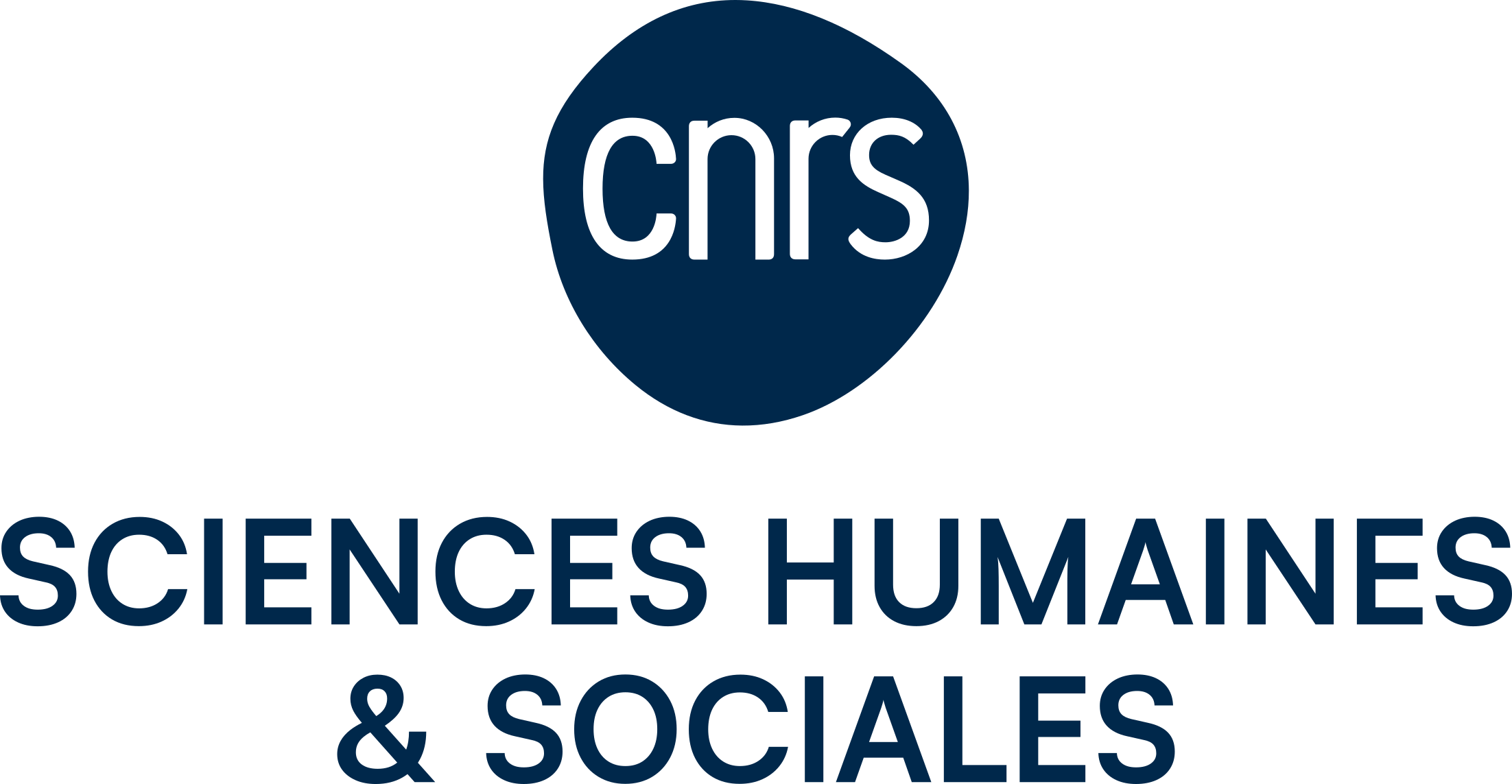29/03/2018 – Thierry CHAMINADE
jeudi 29 mars 2018, par
Investigating Social Cognition with Artificial Agents
| Date : | 29 mars 2018 |
|---|---|
| Heure : | 10h30 - 12h00 |
| Lieu : | Amphithéâtre Paul Collomp |
Résumé de la conférence
Anthropomorphic artificial agents, computed characters or humanoid robots, can be sued to investigate human cognition. They are intrinsically ambivalent. They appear and act as humans, hence we should tend to consider them as human, yet we know they are machine designed by humans, and should not consider them as humans. Reviewing a number of behavioral and neurophysiological studies provides insights into social mechanisms that are primarily influenced by the appearance of the agent, and in particular its resemblance to humans, and other mechanisms that are influenced by the knowledge we have about the artificial nature of the agent. A significant finding is that, as expected, humans don’t naturally adopt an intentional stance when interacting with artificial agents.
Conférencier
Dr. Thierry CHAMINADE
Chargé de recherche, CNRS
Institut de Neurosciences de la Timone, Marseille
[Site internet]

depuis votre smartphone



